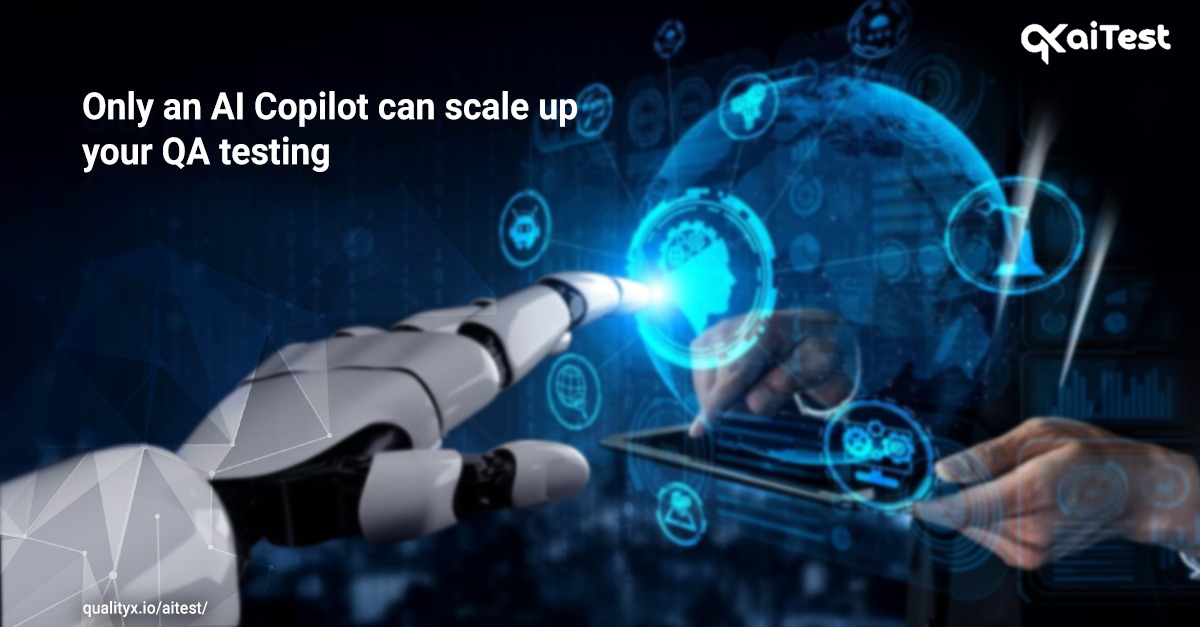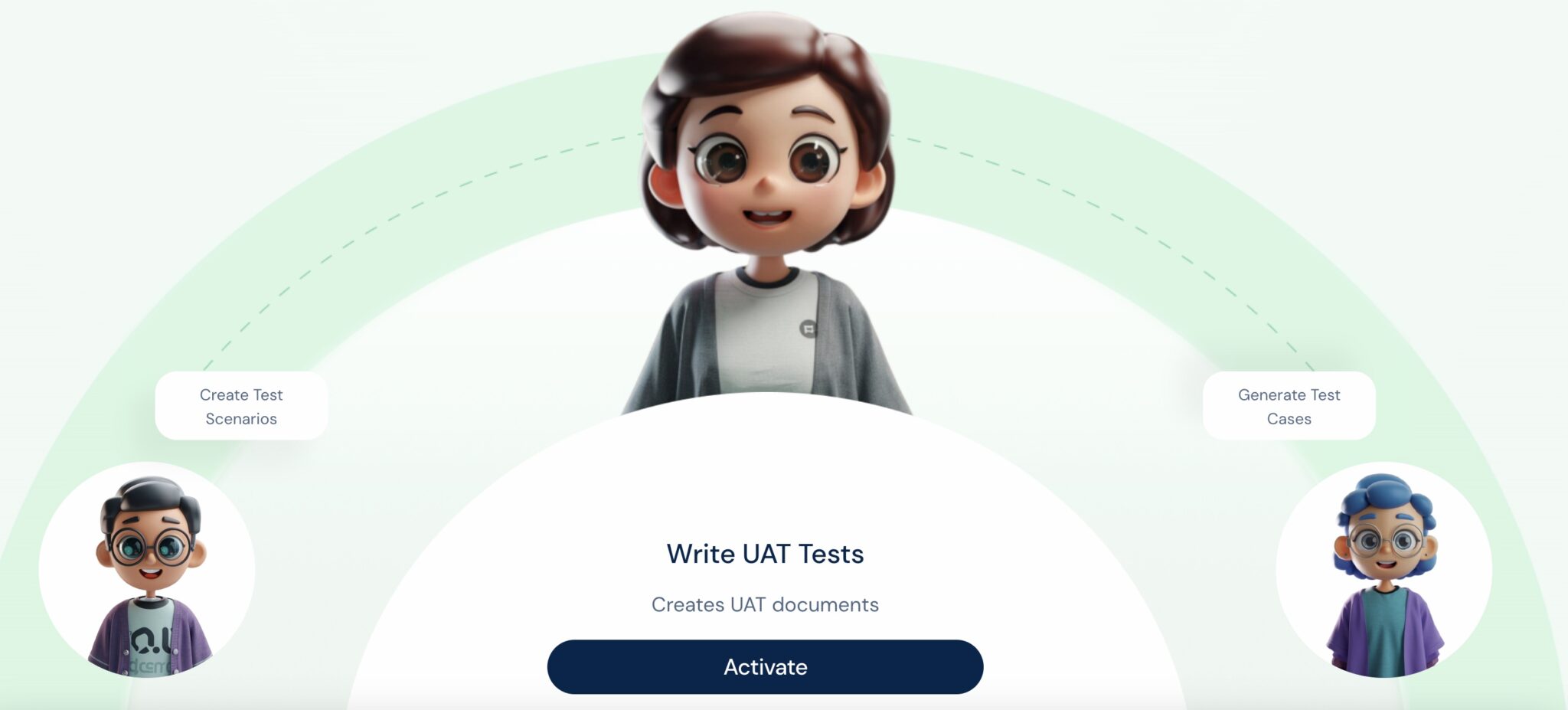In today’s fast-paced software development world, robust QA testing is no longer a luxury, it’s a necessity. But keeping up with the ever-increasing complexity of applications and the pressure for faster release cycles can be a challenge. This is where AI copilot technology steps in, promising to revolutionize the way we approach software testing.
AI Copilots: Boosting Efficiency and Coverage
Imagine a tireless assistant that can automate repetitive tasks, analyze mountains of data, and even predict potential bugs. That’s the power of AI copilots in QA testing. By automating tasks like generating test cases and executing repetitive test scripts, AI frees up testers to focus on more strategic areas, like exploratory testing and edge case analysis.
But AI’s contribution goes beyond simple automation. Machine learning algorithms can analyze vast amounts of historical data, user behavior patterns, and even code changes to identify potential issues that traditional testing methods might miss. This leads to a more comprehensive test suite with broader coverage, ultimately leading to a higher quality software product.
Enhanced Bug Detection: The AI Advantage
AI copilot’s capabilities extend beyond just identifying potential problems. By learning from past bugs and identifying patterns, AI can predict future issues with greater accuracy. This proactive approach allows developers to fix bugs early in the development cycle, saving time and resources.
Challenges and Considerations: Humans Still in the Driver’s Seat
While AI copilot technology offers tremendous benefits, it’s important to remember that AI is a tool, not a replacement for human testers. The human element remains crucial for interpreting results, identifying complex bugs that might escape AI’s grasp, and providing valuable domain expertise.
Another consideration is data quality. AI copilot’s effectiveness hinges on the quality of the data it’s trained on. Biased or incomplete data can lead to inaccurate predictions and unreliable results. It’s essential to implement robust data quality checks and address potential biases in AI algorithms.
The role of QA testers will also evolve with the integration of AI copilots. Testers will need to develop new skillsets, such as data analysis, AI management, and the ability to work effectively with AI tools.
The Future of AI in QA Testing: A Collaborative Approach
As AI technology continues to develop, we can expect even more sophisticated capabilities in AI copilot solutions. Imagine AI that can not only identify potential bugs but also suggest fixes or even automatically generate test data.
The future of QA testing lies in a collaborative approach where human expertise and AI capabilities work together seamlessly. By leveraging the power of AI, testers can achieve a new level of efficiency, uncover hidden defects, and ultimately deliver higher quality software products faster.
Ready to Explore AI Copilots?
If you’re interested in learning more about how AI copilot technology can benefit your QA process, there are a number of resources available online and from leading software vendors. Take some time to explore the options and see how AI can help your team achieve a new level of testing excellence.


